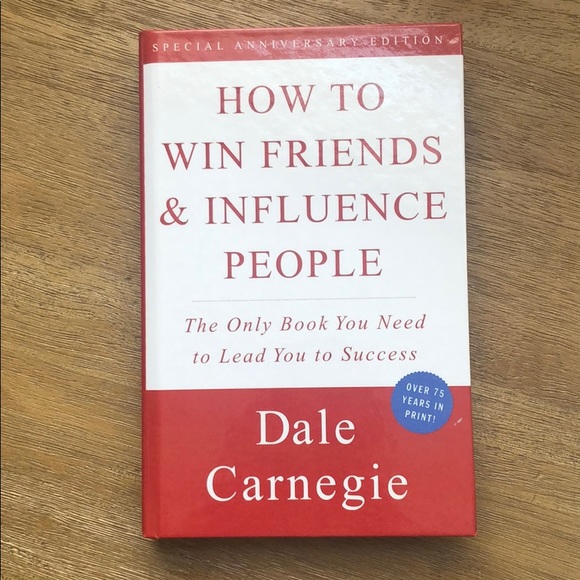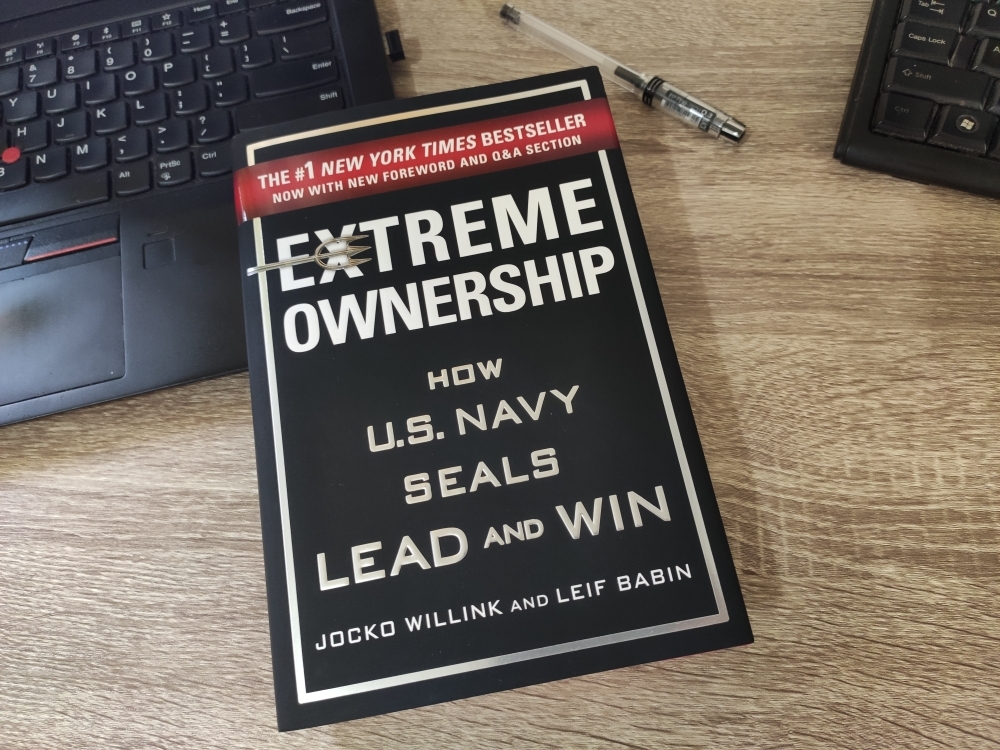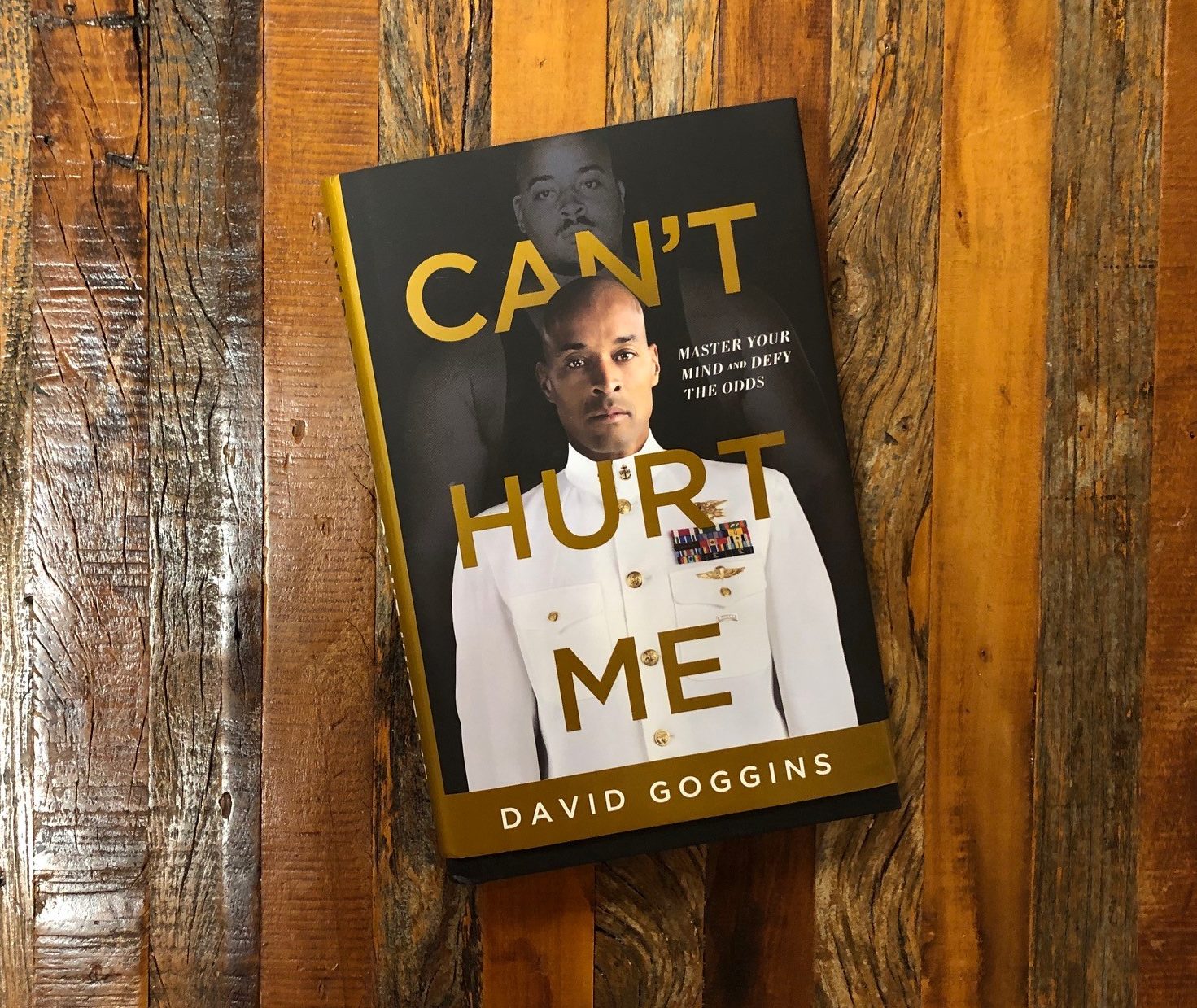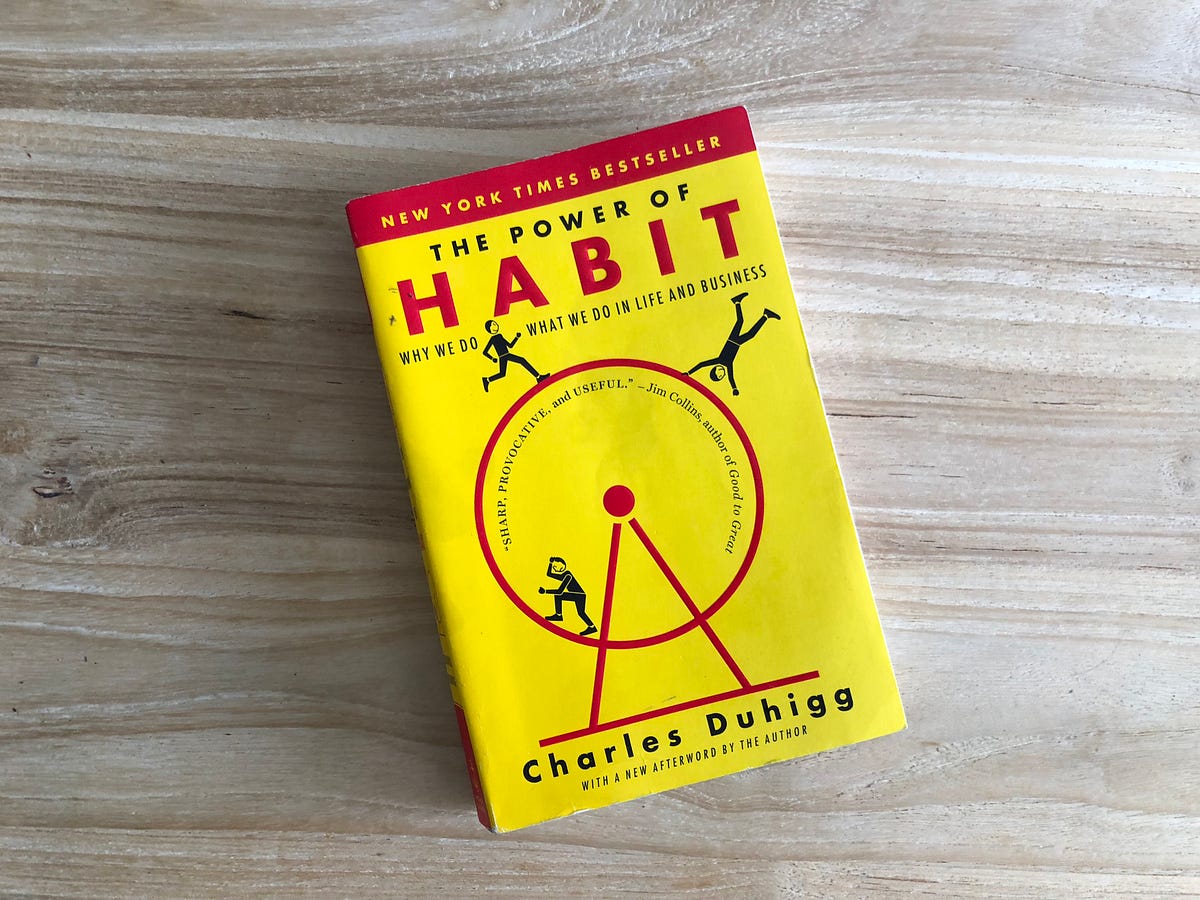My 5 Books for the Strength and Conditioning Intern: Professional Development
January 2, 2022
Written By Spencer Herrick
In this article I'm going to discuss the five books that, in my opinion, every young strength and conditioning intern should read. These books helped me become a better professional, and develop my WHY. I tried to choose books that were not only extremely helpful to my growth as a young strength and conditioning coach but also covered a wide range of themes.
Around January each year, coaches seem to want to pick up reading again, so this year I put together a list that stands on its own. Books are excellent inventions because they allow us to virtually peek inside the heads of renowned trainers and experts in sports performance, as well as other authors and doctors that have valuable knowledge and skillsets to teach us. Sometimes a book is created by a group of professionals, in which case the value goes beyond page price because it draws on years of study and expertise.
Each of these books is crammed with knowledge that can be applied to most areas without having any direct connection to the scientific or programming side. My aim in creating this article is to help the reader enhance their own wellbeing, confidence, and/or tactical ability as a strength and conditioning expert. Let's go to the list, written in no particular order.
1. How to Win Friends and Influence People- Dale Carnegie
The first book on my list is the classic written by Dale Carnegie. This book was originally released in 1936 and has sold more than 30 million copies since then and has been ranked as the #19 most influential book of all time. I was first introduced to this book in high school by an English teacher who had a pretty big influence on my development as a young adult. I was a little hesitant to read the book, not because of the title, but because I used to be a pretty shy teenager with public speaking issues, which since then has been resolved thanks to this book and several others. I have since re-read the book multiple times as it’s a quick and easy read, with many large take-aways.
The book can be a little redundant in areas, especially if you have already read it before, but the lessons it provides have stood the test of time and will continue to do so. The book is considered a self-help book with the aim of teaching people how to communicate more efficiently, take interest in others, and enjoy the act of conversation. There are many tips and tricks spread throughout the book and each time I have read it, I have been able to take something completely different away as well as put that into practice. I highly recommend this book to anyone in the profession, as we are charged with communicating with many people in many roles on a daily basis. My favorite principles: Become genuinely interested in other people and, smile!
2. Dear Coach- Sara Erdner
This book reinforced what I already do, going beyond the athlete and seeing the student in front of me as a person. What we do today creates ripples in these athletes' lives, and they will remember their time spent with us. We told their parents we would take care of them, they trusted us to do that when they dropped their son or daughter off with us at college, and it is on us to follow through with that promise.
3. Extreme Ownership- Jocko Willink and Leif Babin
Extreme Ownership, written by Jocko Willink and Leif Babin, two former U.S. Navy SEAL officers. Each takes turns writing chapters and each chapter is based around a certain principle of leadership. The chapters begin with a story relating to their time as a SEAL officer, and how they implemented this certain principle. These stories are intense and keep you on the edge of your seat. At the end of the chapter you can see how they implemented the strategy, why they did it, and how you might be able to execute it in your profession.
They follow up their personal story as a SEAL with an application to business section which also makes the principle very easy to understand and implement in a setting other than war. This book has been a great resource for me and always reminds me to take ownership for everything I possibly can, a trait that has been greatly beneficial in the strength and conditioning profession. If you’re interested in this book, I would also highly recommend the audio version. Jocko and Leif read each of their own chapters and the passion they speak with is captivating. Jocko also has an amazing podcast and several other books that are well worth the time.
4. Can't Hurt Me: Master Your Mind and Defy the Odds- David Goggins
David Goggins, retired Navy SEAL, published Can’t Hurt Me: How to Master Your Mind and Defy the Odds. Can’t Hurt Me serves the dual function of relating Goggins’s life story and providing a training manual for mental discipline. Although the book focuses on Goggins’s physical and mental achievements, it is simultaneously a self-help guide but one that avoids all quick-fix gimmicks.
The hero of the story, as Goggins is keen to repeat throughout, is the reader. Although the book is composed of stories of Goggins’s triumphs (and failures) and his continuous quest to overcome adversity, the purpose is to buttress the reader’s drive to self-improvement with both inspiring stories and supplemental “challenges,” i.e., training exercises to strengthen personal resolve.
This book is a must read for someone who wants to take charge of their mental. There is some uneasiness in the beginning, but it's worth getting through to learn of someone's wisdom and who they were before they became who they are. Just because you feel like you're stuck in one spot, doesn't mean you are. This book really does make you realize that you're the creator of the type of life you end up with and that it's up to you to do better than before. You learn to get past your insecurities and push through any problem you may come across. The challenges at the end of the chapters, I feel, truly help one come to terms with themselves and their pasts, and any upstairs battles they're facing.
5. Antifragile: Things That Gain from Disorder- Nassim Nicholas Taleb
Antifragile is a book that expands on concepts that Dr. Nassim Taleb introduced in his previous books Fooled by Randomness and The Black Swan. In this book, he delves into different areas of life that demonstrate characteristics of anti-fragility; the concept of getting stronger because of stress and volatility. While Dr. Taleb does not provide a specific roadmap for anti-fragility, he shares many guidelines and examples from history, medicine, economics, and political systems.
The concept of fragility is very familiar to us. It applies to things that break when you strike or stretch them with a relatively small amount of force. Porcelain cups and pieces of thread are fragile. Things that do not break so easily when you apply force or stress to them we call strong or resilient, even robust. A cast-iron pan, for instance. However, there is a third category here that is often overlooked. It includes those things that actually get stronger or improve when they are met with a stressor (up to a point). Take weight-lifting. If you try to lift something too heavy, you can tear a muscle; but lifting more appropriate weights will strengthen your muscles over time. This property can be said to apply to living things generally, as in the famous aphorism `what doesn't kill you makes you stronger'. Strangely, we don't really have a word for this property, this opposite of fragility. Thats where anit-fragility comes in.
My takeaways from this book span across my programs and athletes, the thing that does not kill will make you stronger. One of my first coaching mentors always said "Who would ever complain about being stronger." It's something that I bring up often to my athletes, there is a common theme among athletes that strength and conditioning coaches are tough, and are meant to make you suffer. But my thesis is that the suffering they conceive as suffering is really them learning to become anti-fragile, learning to not be so broken. So many coaches out there preach injury rehab and prevention, but why rehab something that maybe didn't need to be broken in the first place.
Honorable mention: The Power of Habit- Charles Duhigg
Don't get me wrong, this book is great; if you need it. In The Power of Habit, award-winning business reporter Charles Duhigg explains why habits exist and how they can be changed. With intelligence and an ability to distill vast amounts of information into enticing narratives, Duhigg brings to life a whole new understanding of human nature and its potential for transformation. At its core, The Power of Habit contains an exhilarating argument: The key to exercising regularly, losing weight, raising exceptional children, becoming more productive, and building greater habits.
But, if you have any inkling of how to accomplish those tasks already , this book becomes mundane. It reflects what you might already know and can be a little boring at times. There are still solid pickups in here for knowledge to spread to athletes and clients, but personally, I found the book repetitive and at times unnecessary with how much story telling there was. Still a solid read, on to my 5 recommendations.
Development as a Tool
I started stocking up on self-help, psychology, sociology, and motivational books—but not training theory or exercise physiology (as often). Because of those texts, diverse thoughts, discussions, and workout outcomes have resulted. Being a great coach is frequently compared to being both an artist and a scientist. You must embrace the idea of becoming a renaissance man in order to do this: a person with a wide range of skills or expertise.
My professional development recommendation: for every strength and conditioning book you read, buy two self-developmental books not relating to S&C. You will not regret it!







Comments
Post a Comment